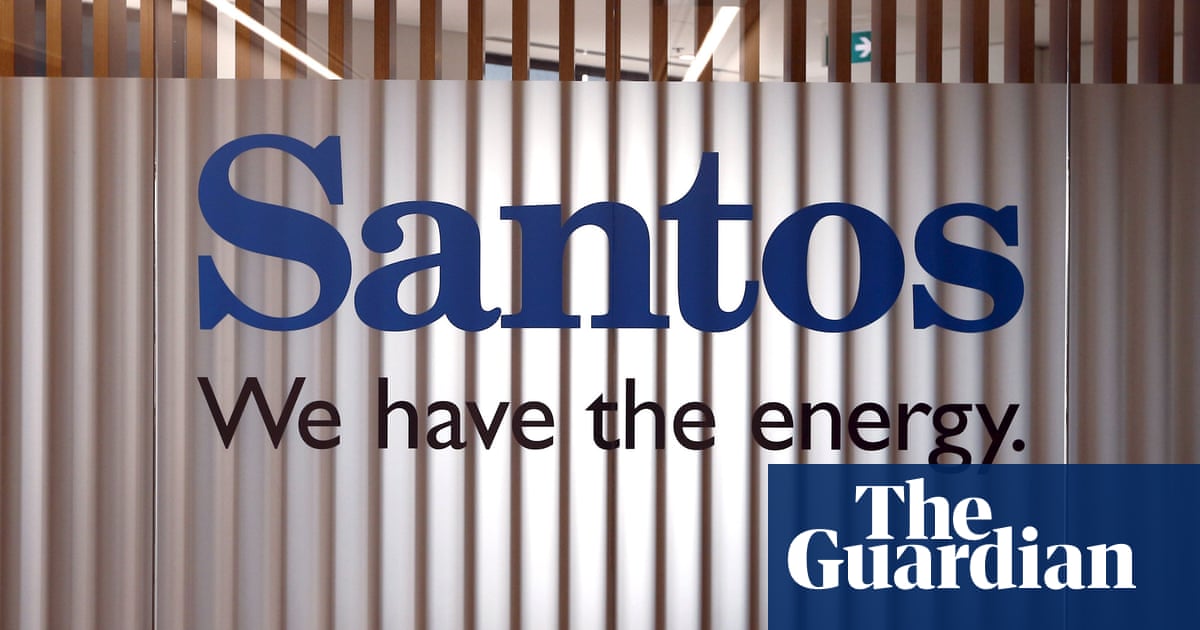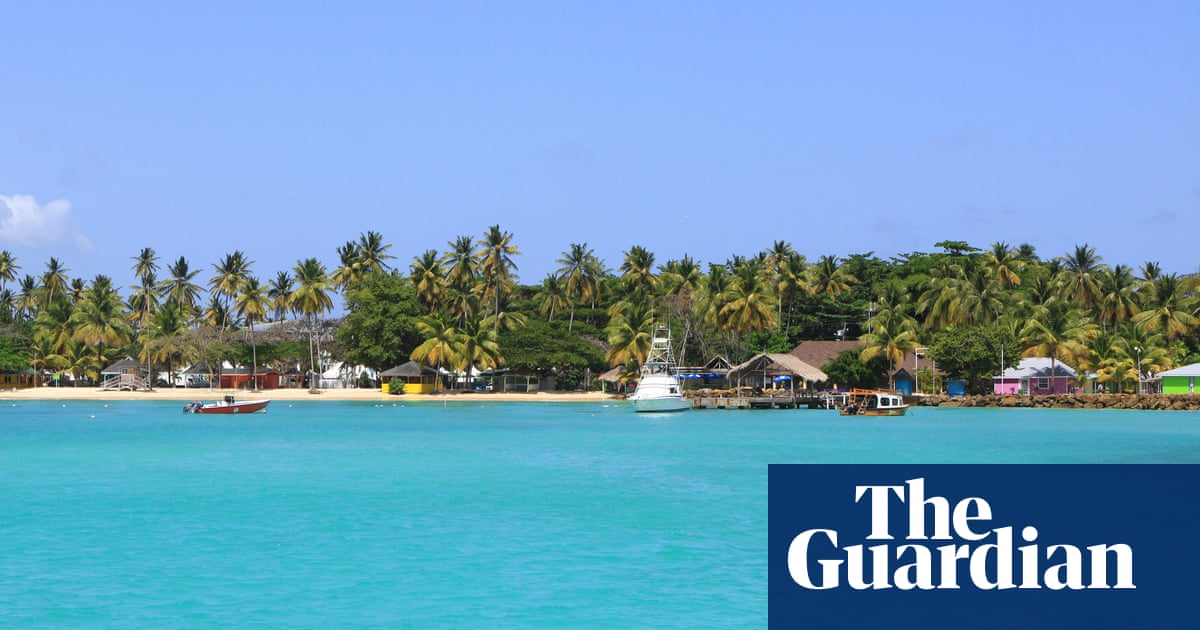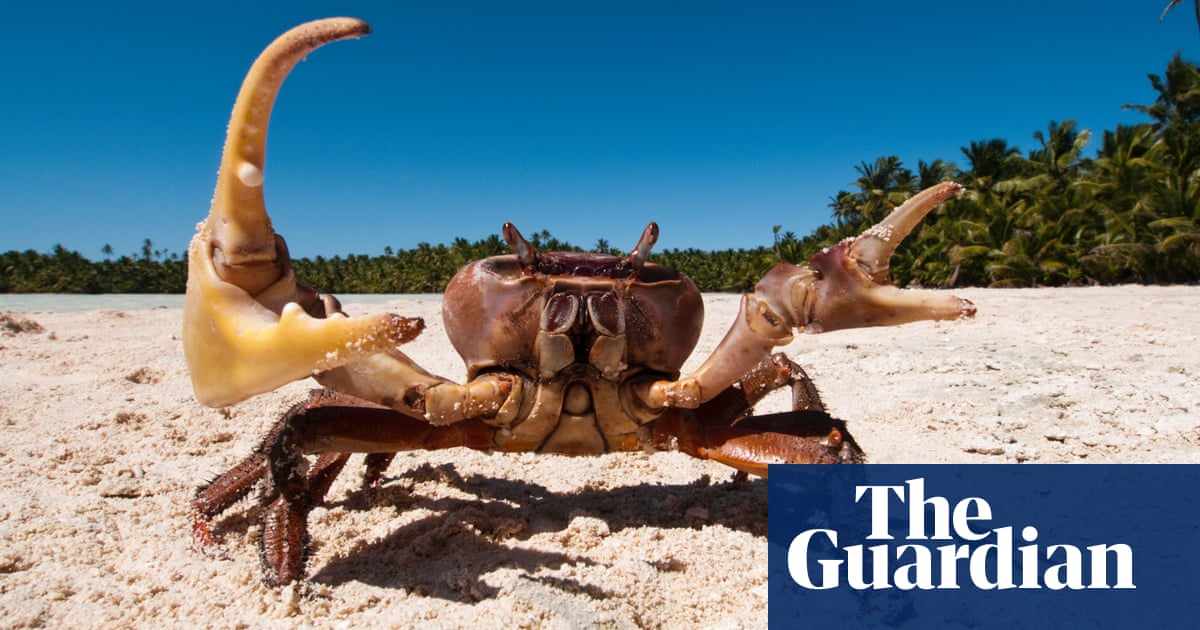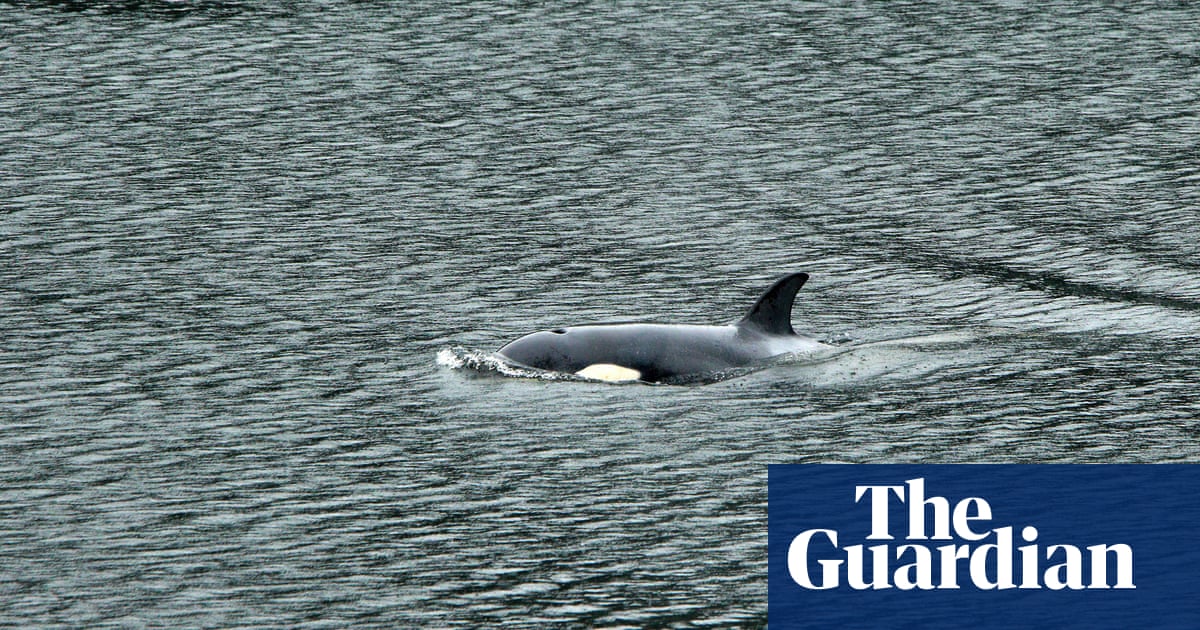Activist groups not directly involved in Tiwi Island lawsuit must hand over documents to Santos, court rules | Law (Australia)


A federal court judge has allowed Santos to subpoena paperwork held by three activist groups who were not directly involved in a lawsuit against the oil company.
Justice Natalie Charlesworth ruled on Wednesday afternoon that Santos could pursue financial records and communications between activist groups – Sunrise, Jubilee Australia and the NT Environment Centre – and the Environmental Defenders Office (EDO) in order to determine whether the company will also pursue the campaign organisations for costs for the lawsuit carried out by the EDO on behalf of Tiwi Island traditional owners.
The documents included financial undertakings, legal indemnities and communications between the groups about the proceedings.
A fourth group, Market Forces, was able to successfully argue that it should be exempt from providing communications to the oil company as it had not made public comments. It will still be subpoenaed for financial documents but has none in its possession.
The four campaign groups were not directly involved in the lawsuit.
The traditional owners’ case argued Santos had not properly assessed submerged cultural heritage and sought an injunction on pipeline works until Santos submitted a new environmental plan and it was assessed by the offshore petroleum regulator, National Offshore Petroleum Safety and Environmental Management Authority (Nopsema).
In a judgment in January, Charlesworth made adverse findings against the EDO that one of its lawyers and a cultural heritage consultant engaged in a form of “subtle coaching” in a meeting with Tiwi islanders. Charlesworth also found that evidence from one expert witness involved “confection”.
Australian Energy Producers, the oil and gas industry association, responded to the decision by calling for the EDO’s funding to be pulled. Opposition leader Peter Dutton pledged in January to cut the organisation’s funding if returned to office.
Santos is now pursuing the EDO for costs and may also seek a non-party costs order against other groups.
During court hearings regarding the subpoenas, Santos’ lawyers suggested statements by the campaign groups regarding an unrelated court decision suggested they might have been “intimately involved” in the case and were “not merely standing by in solidarity”.
“We have done all we can to try and find out from the EDO how it was that the EDO was able to conduct these proceedings with a very large legal team and so far we have turned up only limited information,” they said.
“We think the kinds of communications between the EDO and the organisations which had a keen interest in the outcome of the proceedings as an aspect of the ongoing campaign to stop this Santos project may shed light on that matter.”
In deciding whether to issue the subpoenas, Charlesworth rejected arguments by the campaign groups that Santos was on a “fishing expedition” and held that the organisations could be subject to a costs order even where they did not provide a financial benefit.
“Here, the addresses may fairly be described as activist organisations, existing solely to achieve environmental outcomes, not to derive profits,” Charlesworth said.
“It is at least arguable that a non-party’s support of litigation to pursue a political or ideological objective of the non-party’s own could, in an appropriate case, weigh in favour of a costs order.
“That is particularly so when a reason for the non-party’s existence is to achieve one or more of the outcomes sought in the proceeding.”
When making the decision, Charlesworth paid particular attention to comments made by the campaign groups in their annual reports and public communications.
after newsletter promotion
These largely pre-dated the start of litigation and referred to a separate and unrelated federal court decision. That case concerned consultation rights under offshore petroleum regulations and was upheld on appeal.
Dr Lily O’Neill, senior research fellow with Melbourne Climate Futures, said the broad terms of the subpoenas were “chilling”.
“This decision is a chilling one for the environmental organisations who cheer on environmental and climate litigation carried out by other people and organisations,” O’Neill said.
“The terms of the subpoenas allowed by the court against all but Market Forces are arguably far too wide for their intended purpose i.e. whether they should have to pay the legal costs of this gigantic company in its fight against the traditional owners of the Tiwi Islands.
“It’s a rare win for Santos and one that shows the climate litigation space is becoming more cut throat.”
David Mejia-Canales, a senior lawyer from the Human Rights Law Centre, said the organisation was deeply concerned the decision would set a precedent that might undermine future climate litigation.
“That the expression of support for fellow civil society groups and Traditional Owners involved in litigation might enable a fossil fuel company access to internal documents, and the risks of a legal costs claim, will have a real chilling effect on climate advocacy,” Mejia-Canales said.
“By deterring people and communities from standing up against environment injustice, Santos’ actions are ruthlessly prioritising profit at the expense of people and the planet.”
The NT Environment Centre, Sunrise, Jubilee Australia and Santos declined to comment citing ongoing litigation.
Will van de Poll, Market Forces CEO said: “We are pleased with the court’s decision in relation to Market Forces but as there are still matters before the courts it would be inappropriate to comment further.”
Source link




